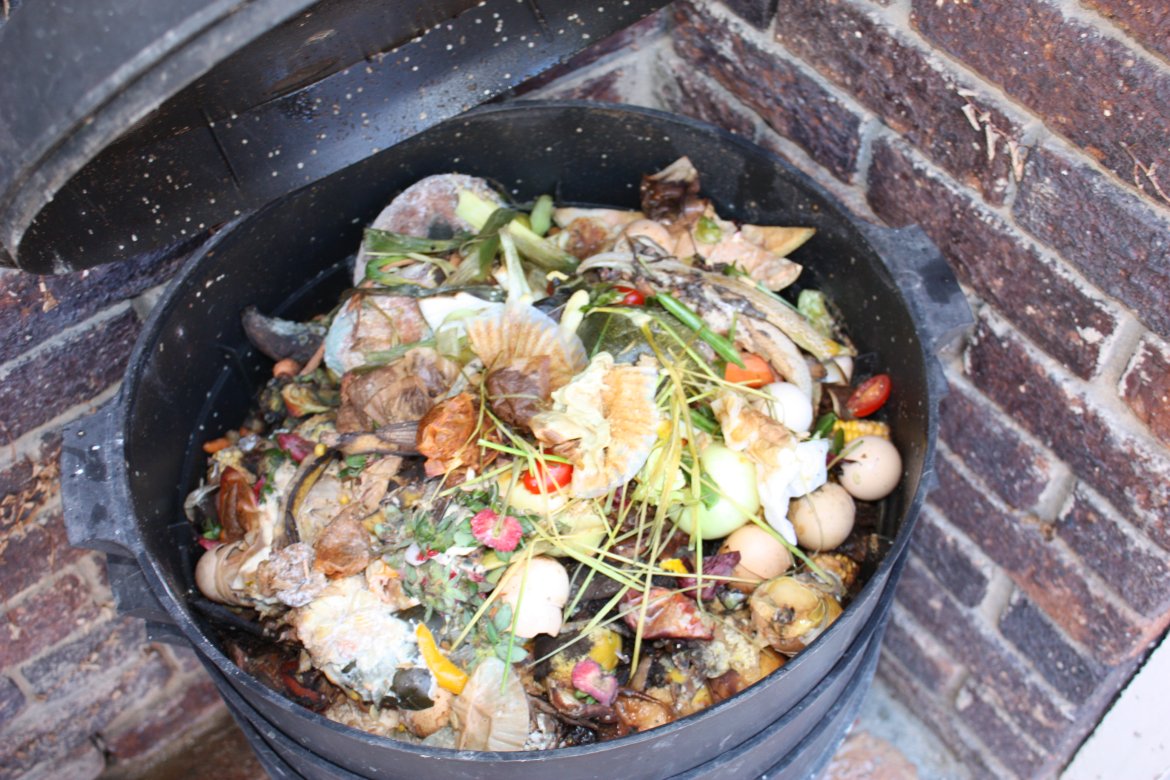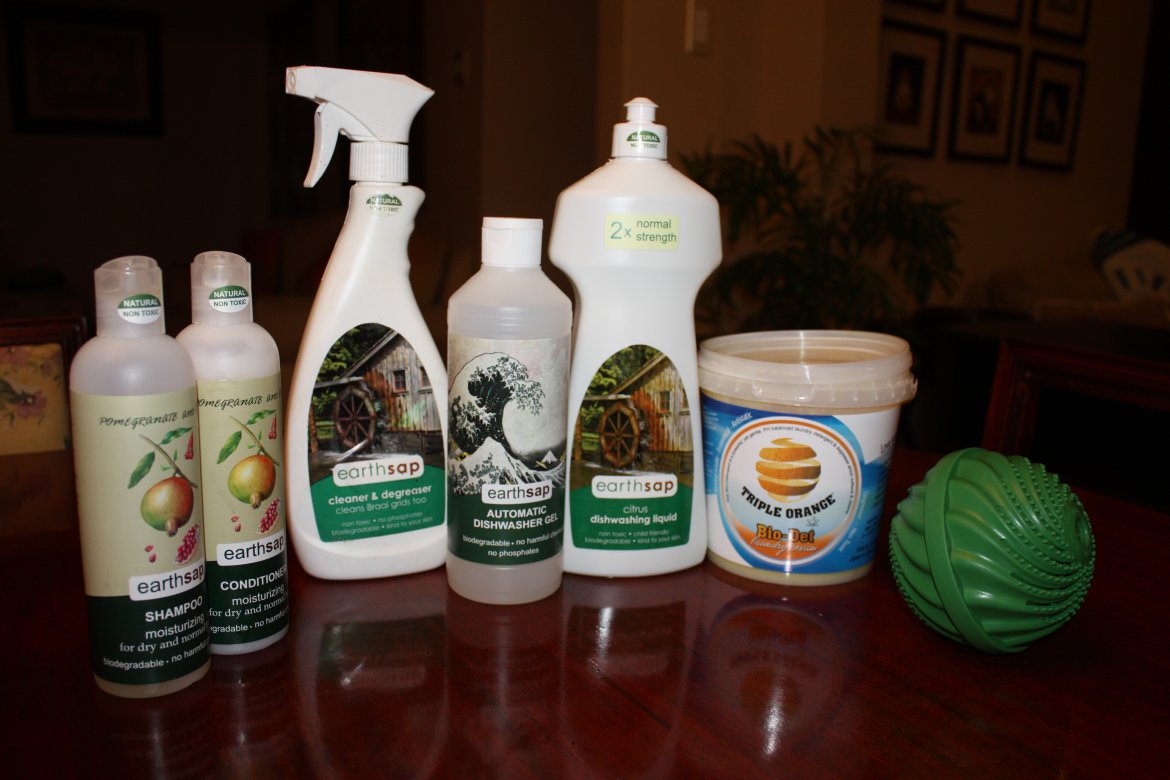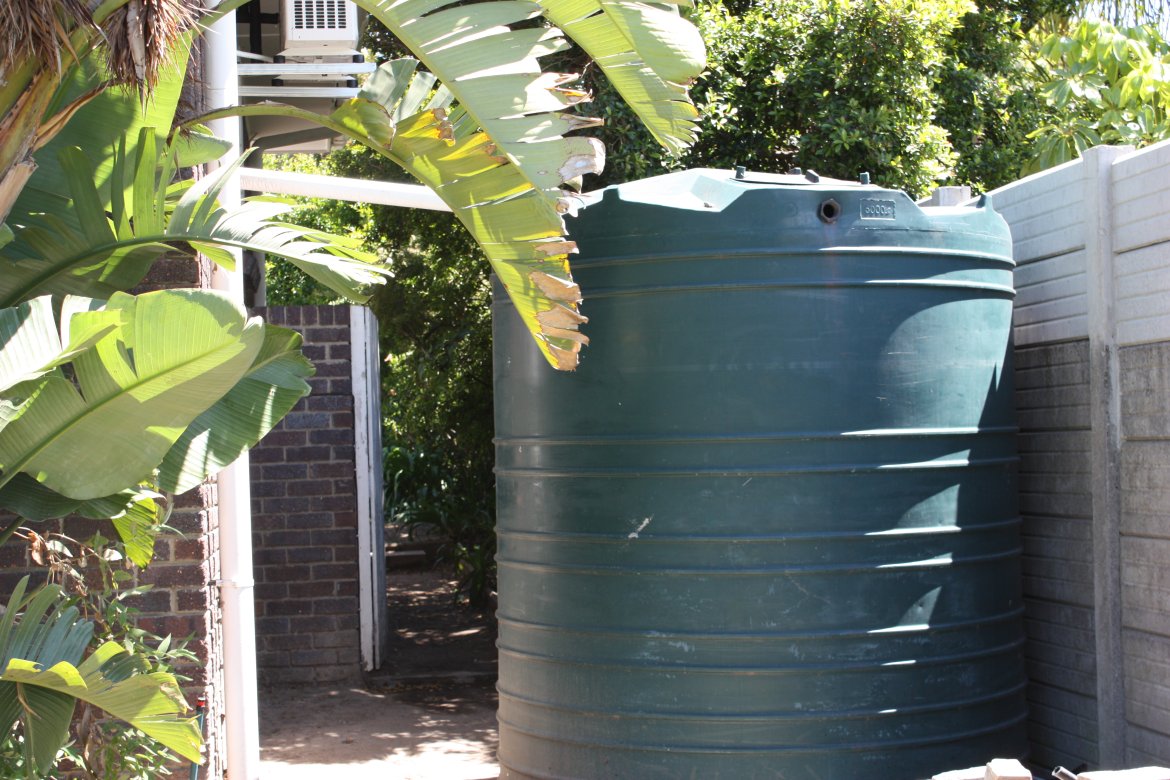110% Green: What conversions have you done to your home?
MEC Winde: It started with our home in Knysna, for 25 years we did not used the municipal water connection. Instead we had a rain water tank with a storage capacity of 30 00 litres. Then, when we moved to Cape Town we started looking at what we could do and we now have a number of things in place.
We started with adding insulation to the roof which has made a significant impact on the seasonal temperature. The room we added in the roof also has twirly whirly heat extractors. At the same time we bought a geyser blanket.
We then moved on to putting all the outside lights on day-night timers and replacing the light bulbs with CFLs and LEDs. All the CFLs are slowly being replaced with LEDs both inside and outside the house. We have also changed our fireplaces to gas fireplaces.
Recycling is an obvious one and we have a full recycling system with bin seperation at source, and a green and black bin. This has been easier for us because the municipality was one of the first to move towards recycling. We also put in a very good water filter under the sink for drinking water. We added a rain water tank in the garden which feeds into the fish pond and flushes the grey water system that was installed – this has an automatic pump into the garden.
We also have a worm farm which turns all of our kitchen waste into worm tea for the vegetable garden.
For a large section of the garden we removed the rose beds and rebuilt raised vegetable beds and built a free standing vegetable box under the kitchen window. This provides a large proportion of the vegetables we eat.
Most recently we have replaced our hot water system. The geyser is used as a storage tank and we now have a heat pump which has created a massive reduction in our electricity bill. We also have changed all the detergent we use to natural shower gels, hand washes, shampoos, toothpastes, dishwashing liquid and the green wash balls for laundry.
I also cycle to work everyday.
110% Green: Why have you done these conversions?
MEC Winde: We started about 7 years ago with the process and at that time I was doing a lot with the Green Building Council of SA. For me it was about changing the way we live.
I feel we need to step up the process from legislation for the green economy to get traction. Why can’t we have a rates and tax advantage for those who follow these principles or legislation to discourage incandescent light bulbs for example. At the end of the day it’s about doing the right thing. For us, we needed to also start at home. My daughter has been a great driver of this – she is our “Green Cheerleader”.
110% Green: What have the costs been?
MEC Winde: There is definitely an initial upfront cost. But massive savings on electricity for example the heat pump has about a 2 year repayment period. The conversion of the rose bed into a vegetable garden is about feeling good in yourself. And the recycling is about doing your part. It has led to a massive reduction on our electricity bill, especially since the installation of the heat pump.
110% Green: What has your experience been with the conversions?
MEC Winde: You usually don’t think of the service and maintenance costs. For example recently our water wasn’t heating and we found out that the filter in the heat pump requires regular services. So you need to do those follow up things such as flushing the grey water tank every month and maintaining the heat pump. But slowly all of this becomes part of your lifestyle. It does not take very long to adjust.
110% Green: What are the key lessons you’d like to share with others?
MEC Winde: To make these changes you need to do some good budgeting and the investment will pay off – there is a short term cost but in the long term you definitely save. It may also be good to do a review every so often and perhaps update the technology. Making these changes requires a mind shift.



